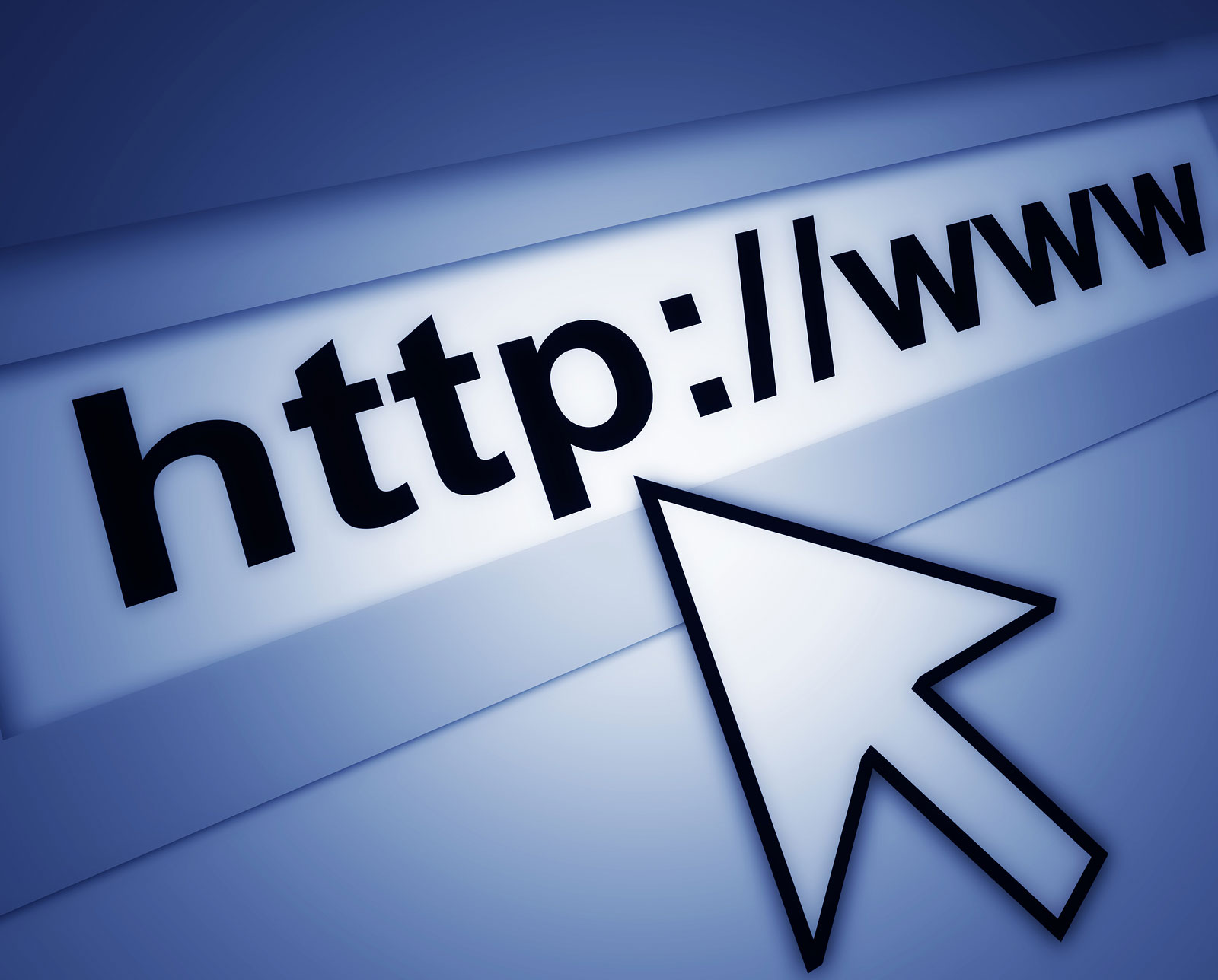World Wide Web has rather short but quite turbulent
history. Throughout three decades of development it has changed rapidly
and affected lifestyle of most us like none other media.
Firstly, there was a non-interactive webpage that
users could only visit but there was no chance for them to actively participate
on the content of the website. First breakthrough came with the web 2.0, where
both the website and the user could communicate and interact to create new
content. User based content also stands behind what we now call social media.
That means Twitter, Facebook, Google+ and many, many more. Those media enabled
users to communicate and interact with each other and thus create content.
Those websites work as some sort of platform for the users who are main
creators of content, not the website in question.
But internet changed not just the way we communicate
with our friends and family, but also way we do shopping, watch movies or TV
series and get information. But now, as some argues, we are facing an issue
that could affect the very basis on which is the internet built. It concerns
the principle of the net neutrality. Maybe you have already heard about this
topic since it was popularized by comedian John Oliver (you can see his video
below). Term Net Neutrality basically means that internet providers treat all
the data on the internet equally, not discriminating or charging differently based
on user, content and so on.
In recent months this topic become widely discussed in
political circles both in Europe and United States due to a
proposal to change some of aspects of neutrality principle. If this proposal
would be accepted and implemented, it would be advantageous especially for
Internet providers and also for big internet corporations. It would enable providers
to charge extra money for faster internet broadband. For example Netflix could
pay providers to have faster video streaming than they have now, so that they
would get advantage over their competitor.
At first sight, it seems like this issue is not a real concern for future of the internet, just implementation of market logic to
web environment. But experts argues that it would have some serious consequences because the amount transferred data will define future of internet services.
Now Internet represents an equal playing field for all, but this proposal would
give much more power to big companies. That means, Start-up companies would
have it much more difficult to compete with big companies like Twitter,
Facebook or Google that would be able to pay for better internet services (It
is worth writing, that all of these companies openly support Net neutrality,
but since the proposal is in their own interest their stance is not completely trustworthy).
Let’s not forget that all the named companies started as small businesses and
would have it much more difficult to succeed. Without Net neutrality there
might not be Facebook, Twitter, Netflix or even Google.
All in all, that there are basically two ideologies
standing against each other. The first one can be called “Freedom of the
Internet” and against it ideology of “Free Market”. Supporters of the first ideology
says, that internet should put everyone (users, websites, providers and governments)
on the same starting point, while supporters of the second one emphasize logic
of trade market that should be implemented to the very core of the internet.
This issue was already discussed in Federal
Communication Commission in the United States and in European Commission in
European Union. They both made a statement concerning this issue. Bit surprisingly
those statements were quite different from each other, FCC agreed that Net
neutrality should be sustained, European Commission opened possibility for “two-speed”
internet. Both of decisions were severely criticized and FCC is already taken
to the court by lawyers of several companies.
Future of the internet is in doubt and as it seems it
will not be decided online, but rather the old-fashioned way in courts.

Your article completely convinced me. Thank you for sharing. microsoft office 2017 product key; MICROSOFT OFFICE 2010 PRODUCT KEY
ReplyDelete